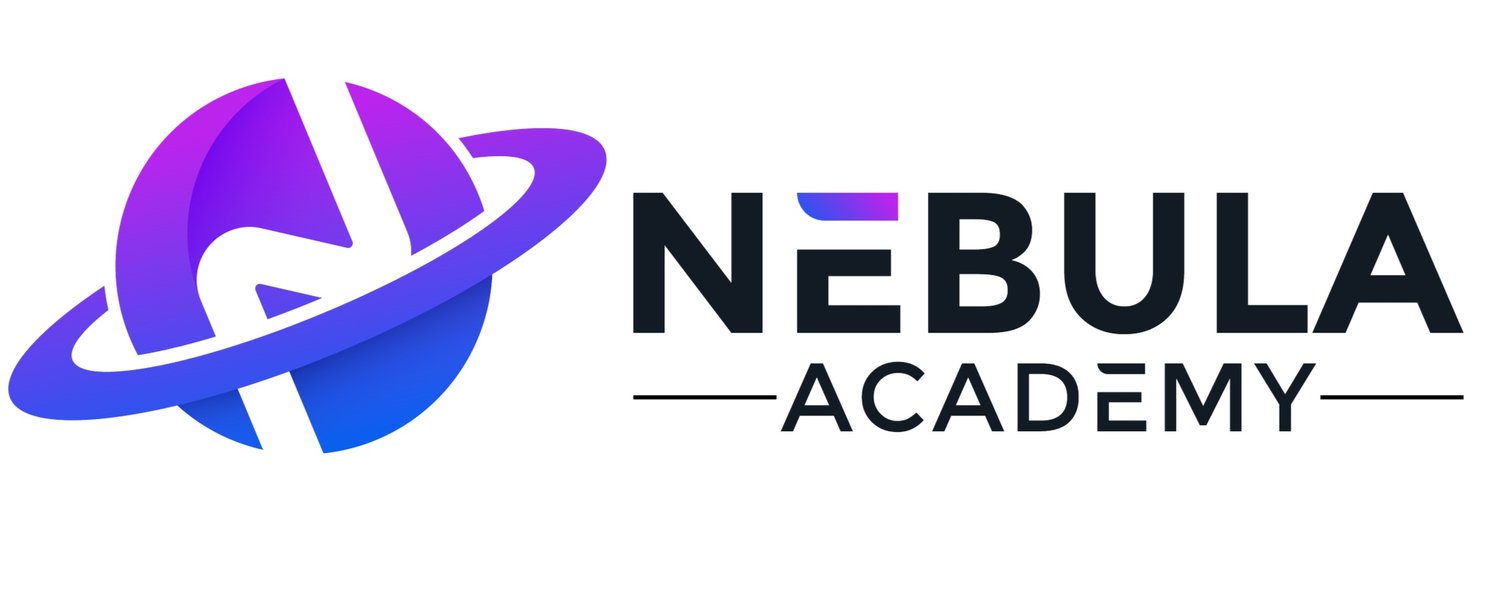The European AI Act: What It Means for PERN Stack Developers and Coding Bootcamp Alumni
By Brandon Gottshall
As AI technologies continue to integrate into global business operations, coding Bootcamp alumni, especially those skilled in the PERN (PostgreSQL, Express.js, React, Node.js) stack, are likely to play crucial roles in developing and deploying AI systems. With the European Union's AI Act set to impose stringent regulations on AI systems, understanding its implications is essential for these professionals, particularly those working for U.S. companies with a presence in the EU. This article explores how the EU AI Act might affect coding Bootcamp alumni and what it means for their careers.
Impact on U.S. Companies and Their Employees
The EU AI Act is comprehensive in scope, applying to any company that develops, deploys, or uses AI systems within the EU, regardless of where the company is based. This means that U.S. companies offering AI products or services in the EU must comply with the Act's regulations. For Bootcamp alumni working in such companies, this could mean:
PERN Stack Alumni: Navigating the AI Compliance Landscape
PERN stack developers may find their skills in high demand as companies adapt to the EU AI Act. Specifically, their expertise in backend and frontend technologies can be pivotal in ensuring AI systems meet the new regulatory requirements:
Backend Development with PostgreSQL and Express.js: Compliance with the AI Act’s transparency and data governance standards requires robust backend systems capable of detailed logging, audit trails, and data management. Alumni proficient in PostgreSQL can implement these features to ensure that AI-driven applications remain compliant. Additionally, Express.js can be used to create APIs that facilitate secure and compliant data exchanges between AI systems and other business applications.
Frontend Development with React: Transparency and user communication are key components of the AI Act. React developers can contribute by designing user interfaces that clearly display AI decision-making processes, ensuring users understand how AI impacts them. This might include implementing features that allow users to request explanations for AI-driven decisions or modifying UI components to highlight compliance with ethical AI standards.
Integrating AI Systems within Node.js: Node.js, known for its scalability, can be employed to manage and deploy AI systems that need to comply with the Act’s regulations across various environments. Alumni skilled in Node.js can build or modify existing AI services to ensure they operate within the regulatory framework, including handling data securely and processing it according to EU guidelines.
Increased Compliance Responsibilities
Employees must ensure that AI systems comply with the EU's risk-based classification. High-risk AI systems, for example, require conformity assessments and adherence to strict data governance and transparency requirements.
Focus on Ethical AI Development
There will be a greater emphasis on developing AI solutions that align with ethical standards, including fairness, transparency, and non-discrimination. Alumni may find themselves involved in projects that prioritize these values to meet regulatory demands.
Potential for Innovation in Regulatory Sandboxes
The Act provides for regulatory sandboxes, allowing companies to test AI systems in a controlled environment. This could present opportunities for alumni to engage in innovative projects without the immediate pressure of full compliance.
U.S. Legislative Landscape
While the U.S. does not yet have an overarching federal AI regulation comparable to the EU AI Act, movements are underway towards establishing more comprehensive AI governance:
Sector-Specific Regulations: Various U.S. sectors are subject to specific AI-related rules, such as those governing data privacy and consumer protection. These regulations could impact how alumni develop AI solutions, particularly in industries like healthcare and finance.
Proposed Legislation: Ongoing discussions about broader AI regulations in the U.S., such as those addressing the use of AI in deepfakes and national security, could influence how AI technologies are developed and deployed.
State-Level Initiatives: Some states have begun implementing their own AI regulations, focusing on areas like employment and consumer protection. This patchwork of state laws may require alumni to navigate varying compliance requirements depending on their location and industry.
Future Implications for Bootcamp Alumni
For coding Bootcamp alumni, understanding these regulatory landscapes is crucial. As AI becomes more integrated into business operations, alumni may find themselves:
Engaging in Cross-Border Compliance: Due to the EU AI Act’s extraterritorial reach, alumni working for U.S. companies must ensure AI systems comply with both EU and U.S. standards.
Participating in Ethical AI Initiatives: There will likely be increased demand for professionals who can develop AI systems that adhere to ethical guidelines, presenting opportunities for alumni to lead or contribute to such initiatives.
Adapting to Evolving Regulations: As AI regulations continue to evolve globally, staying informed about changes and understanding their implications will be essential for career advancement and success in the tech industry.
Conclusion: A Call to Action
As the landscape of AI regulation evolves, coding Bootcamp alumni must stay proactive. Engaging in continuous learning, particularly in areas of AI ethics and compliance, and participating in industry discussions on regulatory changes, will be crucial. By doing so, they can position themselves as leaders in the responsible development of AI technologies, ensuring their career success in a rapidly changing industry.
Sources
[1] How the EU AI Act affects US-based companies - KPMG International
[2] The EU AI Act: What It Means for Your Business | Blog - BSR
[3] EU AI Act goes into effect: Here's what it means for U.S. tech firms
[4] Chuck Schumer eyes opportunities to pass deepfake and AI bills as …
[5] AI in the Workplace: The New Legal Landscape Facing US Employers
[6] Forum: Global impact of the EU AI Act - Thomson Reuters Institute
[7] US Federal AI Legislation in 2024: The Current Landscape - Holistic AI
[8] The Emerging State of AI Legislation and Regulation in the US
